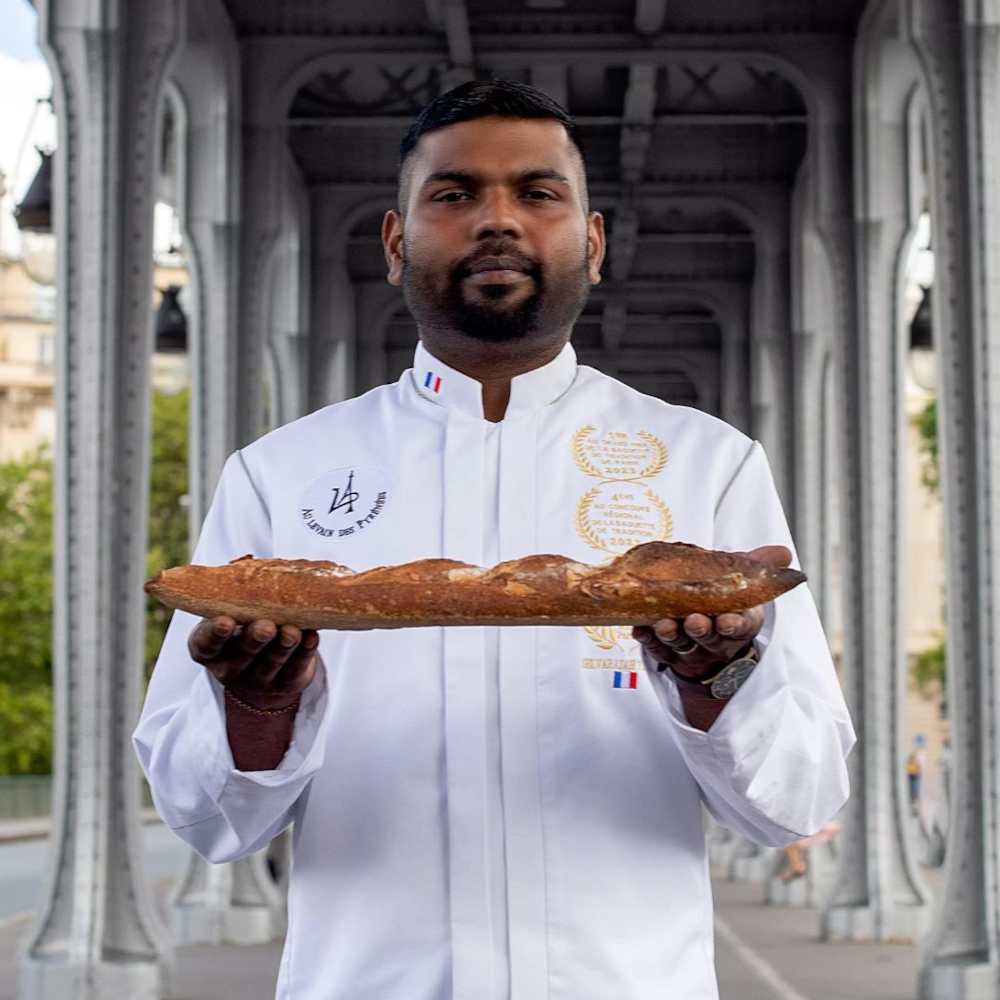COMMENTARY, July 19 — The Penang Island City Council’s (MBPP) proposal to expand its ban on foreign cooks to include privately-owned coffee shops and hawker centres should be cause for concern and reflection.
The initial ban implemented in 2016 covered hawker centres and food courts belonging to MBPP.
Then chief minister Lim Guan Eng was quoted as saying by The Star, “Most visitors would not want to come to Penang to taste food cooked by foreigners. Only when you maintain the original taste of flavours can you feel the warmth of Penang.”
Speaking on the planned expansion, Penang state executive councillor for local government, town and country planning Jason H’ng echoed these sentiments. “The initiative is important to preserve the authenticity of our Penang food,” H’ng was quoted as saying by Singaporean newspaper The Straits Times.
It begs the question — should nationality be the yardstick by which the “authenticity” and “quality” of food are measured? The logic that something as arbitrary as where you are born determines whether what you cook — no matter how long you’ve been cooking it for — is “authentic” or even “good” is flawed, and literally policing who is and isn’t allowed to cook certain dishes is a slippery slope toward thinly veiled xenophobia.
Of course, preserving cultural heritage is important. But is this ban really the best way to achieve that?
Coffee shop owners have cited difficulties in finding local staff to cook, calling to question the counterproductive effect the policy can have.

If quality is the concern in question, the public is more than well placed to make their voice heard with where they spend their money.
An example from France, a nation with a proud tradition of gastronomy and even prouder connoisseurs of said cuisine, comes to mind.
In 2023, Tharshan Selvarajah won the title of best traditional baguette at the Grand Prix de la Baguette de Tradition Francaise de la Ville De Paris, beating out 126 other baguettes for the award and the opportunity to deliver said baguettes to the Élysée Palace for the next year.
In May, the Sri Lankan baker was selected as an official torchbearer for the 2024 Paris Olympics. He’s been in France for 18 years but has yet to apply for citizenship. Does that make his baguette inferior to that of a French citizen?
I doubt his foreign background played more of a role in creating the winning baguette de tradition — which can only be made from flour, water, salt and yeast, according to Le Décret Pain (yes, it means The Bread Decree) that passed in 1993 — than his decades’ worth of experience and expertise.
And I doubt Emmanuel Macron struggles to find the “original taste” of France in his baguette every morning.




















